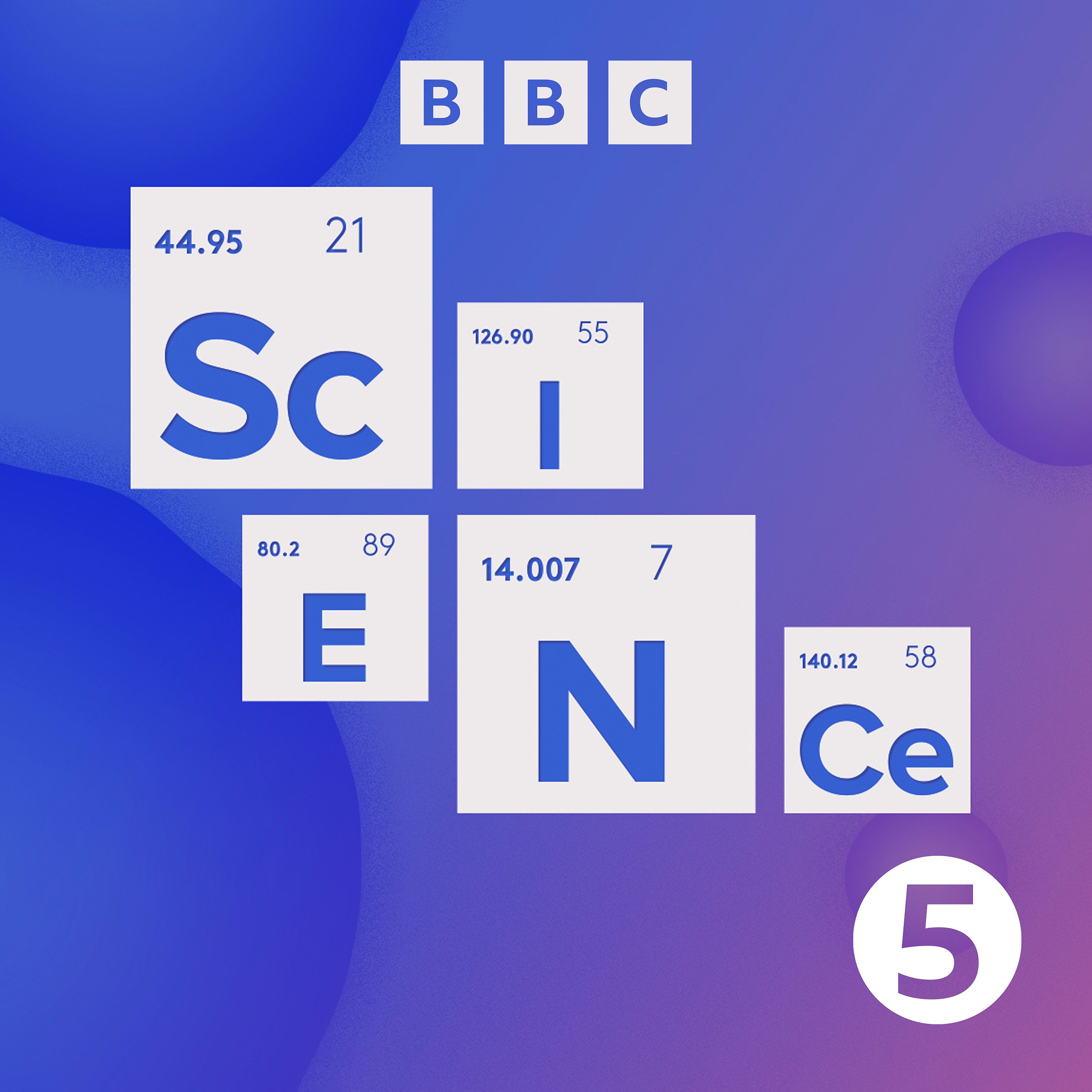

5 Live Science Podcast
BBC Radio 5 Live
5 Live's science podcast, featuring Dr Chris and Naked Scientists with the hottest science news stories and analysis.
Episodes
Mentioned books

Dec 5, 2015 • 49min
5 live Science
Join Chris Smith and the Naked Scientists as they look at what we can do to stop Climate Change and how we can predict flooding.

Dec 4, 2015 • 47min
Dr Karl
Dr Karl answers listeners' questions about the weird and wonderful world of science.

Nov 28, 2015 • 50min
The Naked Scientists: sugar consumption and 100 years of general relativity
Join Chris Smith and the Naked Scientists as they look at how we can cut down our consumption of sugar. Plus general relativity celebrates its 100th birthday.

Nov 26, 2015 • 48min
Dr Karl: KIC 8462852
Dr Karl answers listeners' questions about the weird and wonderful world of science, including; kepler recently discovering something unusual in the light variations coming from the star KIC 8462852

Nov 21, 2015 • 49min
5 live Science
Join Chris Smith and the Naked Scientists as they look at the world of big data and what it means for the United Kingdom. Plus, we’ll hear from the scientist who is storing his data using DNA!

Nov 19, 2015 • 49min
Dr Karl:Long-haul flights,carbon fibre & green comets
Dr Karl answers your science questions including why long haul flights are bad for you, why carbon fibre is so strong, and where the green meteors are coming from.

Nov 15, 2015 • 50min
08/11/2015
Join Chris Smith and the Naked Scientists as they answer the questions you have been sending in for the past few weeks. Plus do sharks really not get cancer?

Nov 12, 2015 • 48min
Dr Karl: Food allergy tests & growing hair
This week Dr Karl discusses gowing hair, inaccurate food allergy tests & why being aroused can make you sneeze

Nov 7, 2015 • 50min
5 live Science
Join Kat Arney and the Naked Scientists as they explore what the future hold for motorists, and how good this generation of electric cars are.

Nov 5, 2015 • 49min
Dr Karl: Eyes and nitrogen
Dr Karl discusses how the human body uses nitrogen, and the science of vision.


